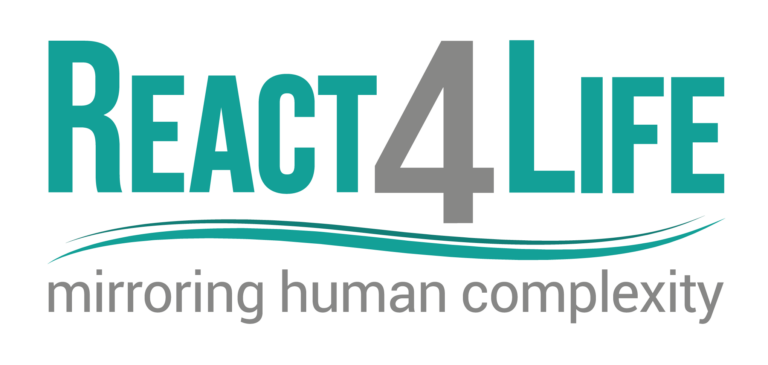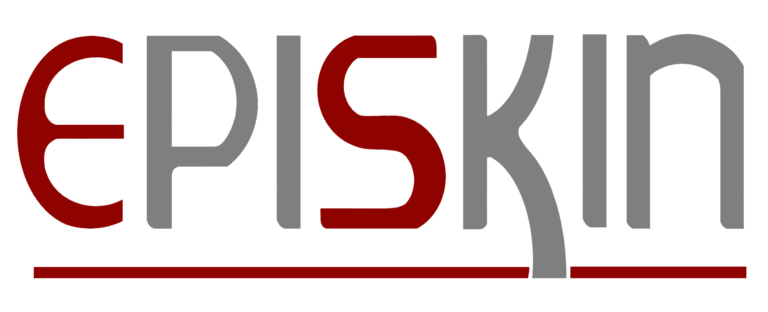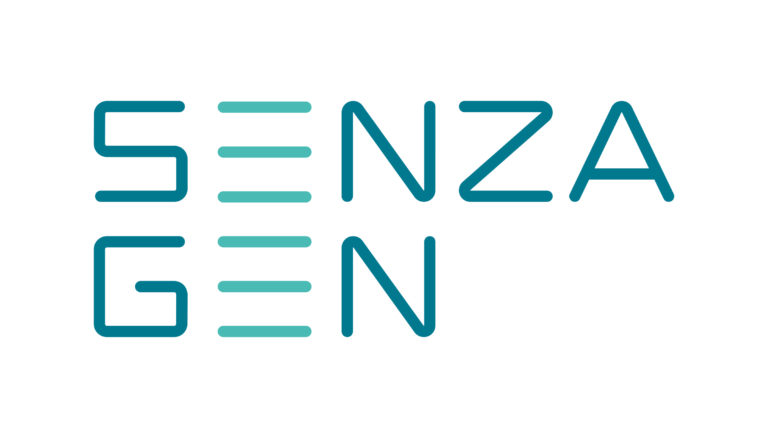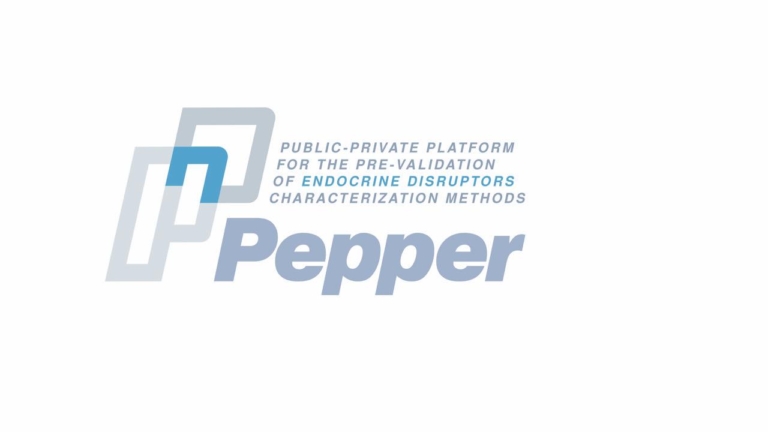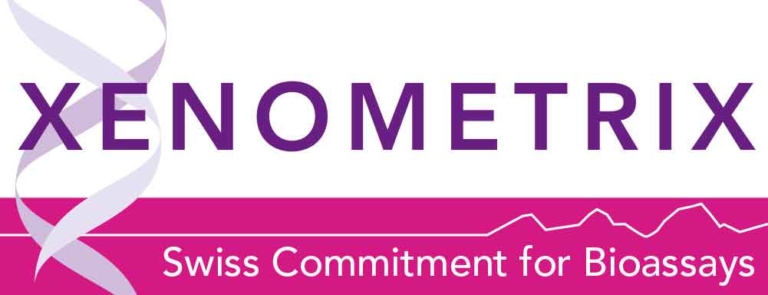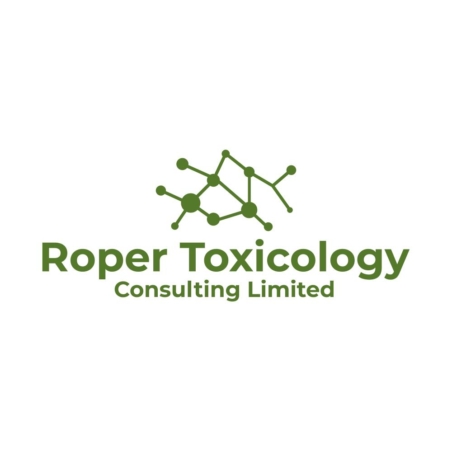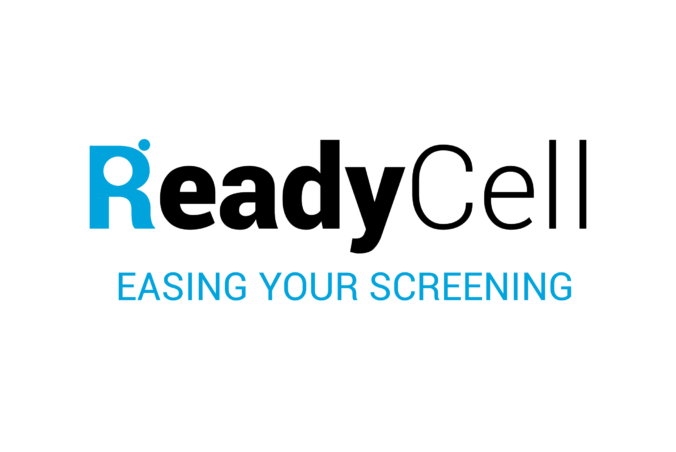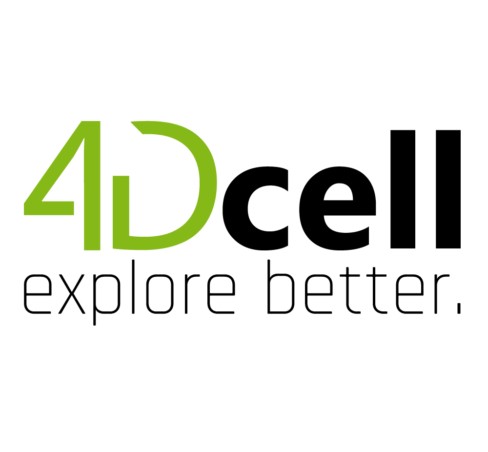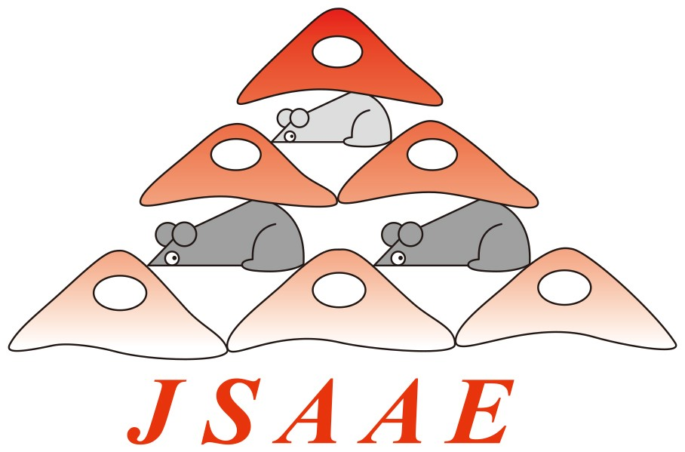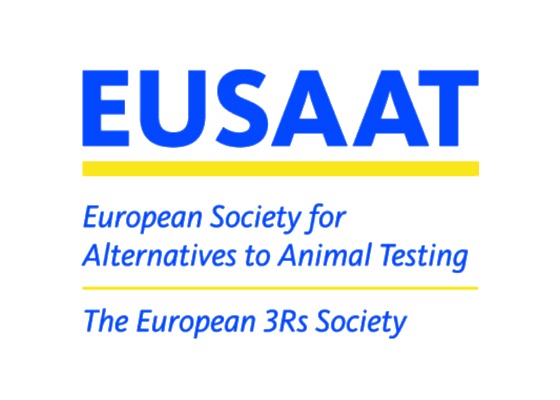Overview and content structure of the training programme
The aim is to provide a unique training platform to equip the ESRs with all the necessary knowledge and knowhow to apply current techniques and develop novel integrated tools and applications for animal-free safety assessment. This will be facilitated by partnering lead academic experts, with specialised SMEs, Public Health England and associated specialised partners. The involvement of associated partners including the European Union Reference Laboratory for alternatives to animal testing (EURL- ECVAM, PO2) the Center for Alternatives to Animal Testing (CAAT Europe, PO1), the European Union Reference Laboratory for alternatives to animal testing (EURL- ECVAM, PO2), the Center for Alternatives to Animal Testing (CAAT Europe, PO1), the European Society for in vitro Toxicology (ESTIV, PO3), Nanocomposix (PO4) and L’Oreal (PO5) will ensure that ESR training is not only academically minded but pointed towards real world applications. This will be particularly important to create knowledge and solutions necessary to facilitate regulator and industry requirements. The involvement of SMEs will aid in this process providing guidance for bringing innovative applications to market, intellectual property and financing issues. in3 will emphasise at every step reproducibility, transparency, documentation and harmonization. All in3 training initiatives will, where possible, allow participation from external tutors, guest speakers and students. The in3 training program consists of 6 blocks.
Block 1: Learning by research. A primary point of training is within the host institution and through secondments where day to day supervision will be provided while promoting self-thinking, innovation and collaboration. All ESRs will be working to a common goal to provide an integrated testing strategy; however, each ESR will have a specific unique focus creating an essential building block of the in3 project. The individual projects will be integrated on many levels including the iPSC stocks and protocols, differentiation strategies, chemicals used, AOP development in silico tools and kinetics. The success of the project will be dependent on a tight collaboration of all ESRs, which we hope will promote diligence and motivate the ESRs towards a common goal.
Block 2: in3 virtual laboratory. Douglas Connect will provide a data base repository where all data will be entered in a standardised fashion with appropriate meta tagging and links to protocols. In addition, the management team will set up a cost effective online space for the project, for example using Google Apps for Education. This will allow a fluid exchange of soft data, ideas and facilitate scheduled and spontaneous virtual meetings. Additionally, where agreed a social network tool such as Whats App will be utilised for the project to allow rapid community based communication. Every two weeks there will be a virtual lab meeting of approx. 1h, using GoToMeeting, Skype or WebEx where ESRs will give a brief update and identify issues, opportunities and solutions. As part of the virtual lab one ESR will present in more detail his/her work. Each ESR will also be tasked to present a paper of interest within the field and analyse the readability, experimental approach and scientific merits. Within the second year the ESRs will begin to draft scientific papers and the virtual laboratory will be used to plan these papers, led by one or more ESRs.
Block 3: On-line learning. An on-line lecture series will be set-up to provide background information to the field of animal free safety assessment and also to create an interactive case study where practical skills will be fostered and trained. The courses will take-place from M13-M20 at allocated time slots of no more than 2 hours per day (to facilitate ESRs research activities). The courses will be allowed overlap. Course material will be provided before commencement. Lectures will be recorded, with documentation and outcomes and placed on the in3 web-page. If the instructor allows the recorded courses will be added to the in3 YouTube channel. The courses provided are listed below; Total 122 hrs and 4.9 ECTS. These courses will be supplemented by courses requested by ESRs or even courses given by ESRs. We will keep in mind the possibility of creating a massive open online course (MOOC), for beyond lifetime of the project.
- Replacement Refinement and Reduction of animal experiments in biomedical research: from origins to implementation.
- EU policy and international regulatory framework.
- In silico tools for hazard identification and risk assessment.
- Chemical case studies.
- Developmental biology and organogenesis.
- Stem cell biology and differentiation.
- Nanotoxicology
- Dos and don’ts in scientific writing, poster and oral presentations and grant writing.
- Good scientific practice and scientific ethics.
Block 4: Network-wide face-to-face training events: We will organize 6 training courses allowing all ESR to participate in them. The training courses will be in line with the project objectives and time-scales, and will be held as 2 day courses after the bi-yearly face-to-face meetings.
Course 1. Mechanistic toxicology and Adverse Outcome Pathway Development
Course 2: Good cell culture practice, induced Pluripotent Stem Cell generation and differentiation and the Principles of Validation
Course 3. Application of in silico techniques to animal-free chemical risk assessment
Course 4: Intellectual property rights (IPR), entrepreneurship and business development
Course 5. Knowledge management and data integration
Course 6. Career development
Block 5: Hands-on technical workshops: A series of workshops will take place at beneficiaries or partner facilities, to allow hands-on practical training in key areas. ESRs will be expected to attend at least two of these training courses. These will be organised in smaller groups with a maximum of 6 participants and will where possible be run in parallel on two occasions. The workshops will last a minimum of 5 days (2 ECTS).
- iPSC generation, culture and quality control.
- Toxicity assays.
- Methods for gene editing and reporter introduction.
- Nanomaterial manufacturing and characterisation.
- High content imaging and application to iPSC.
- Modelling epithelial/endothelial transport.
- Software training course, including R, ToxRead and VEGA.
- Building AOPs and the use of the AOP wiki / OECD Toolbox.
Block 6: Scientific Communication and scientific and public dissemination.

 |
in3 is funded by the Marie Sklodowska-Curie Action – Innovative Training Network under grant no. 721975. |
 The ESTIV Members Area
The ESTIV Members Area